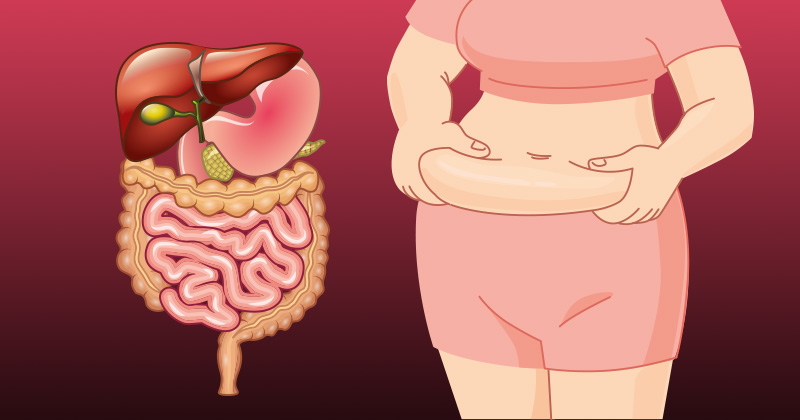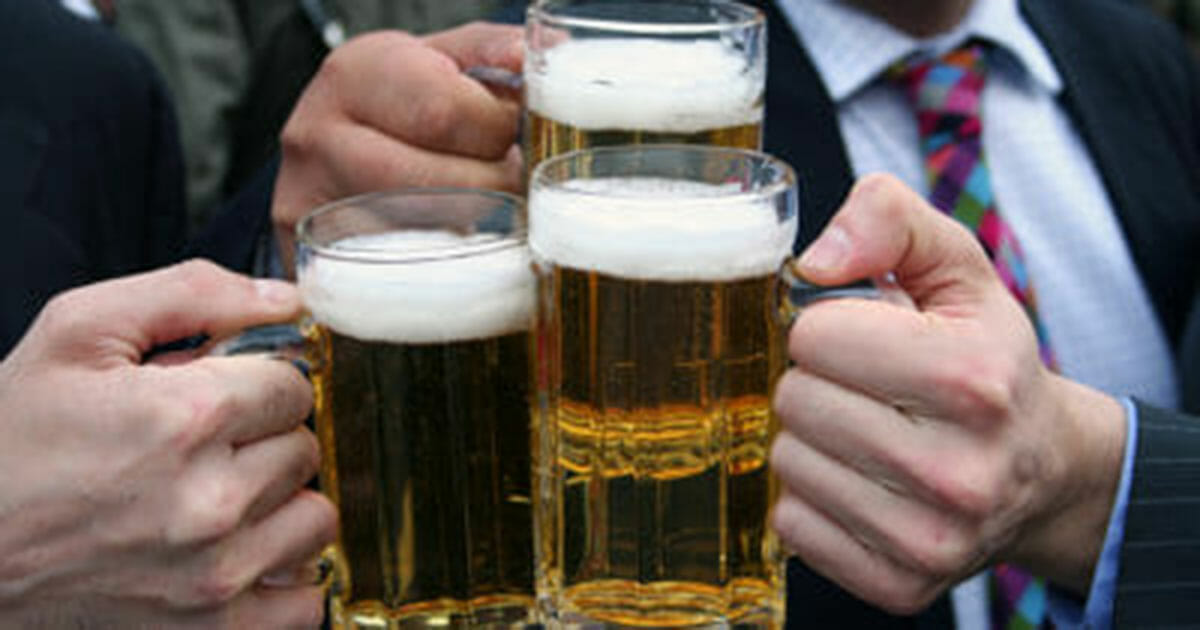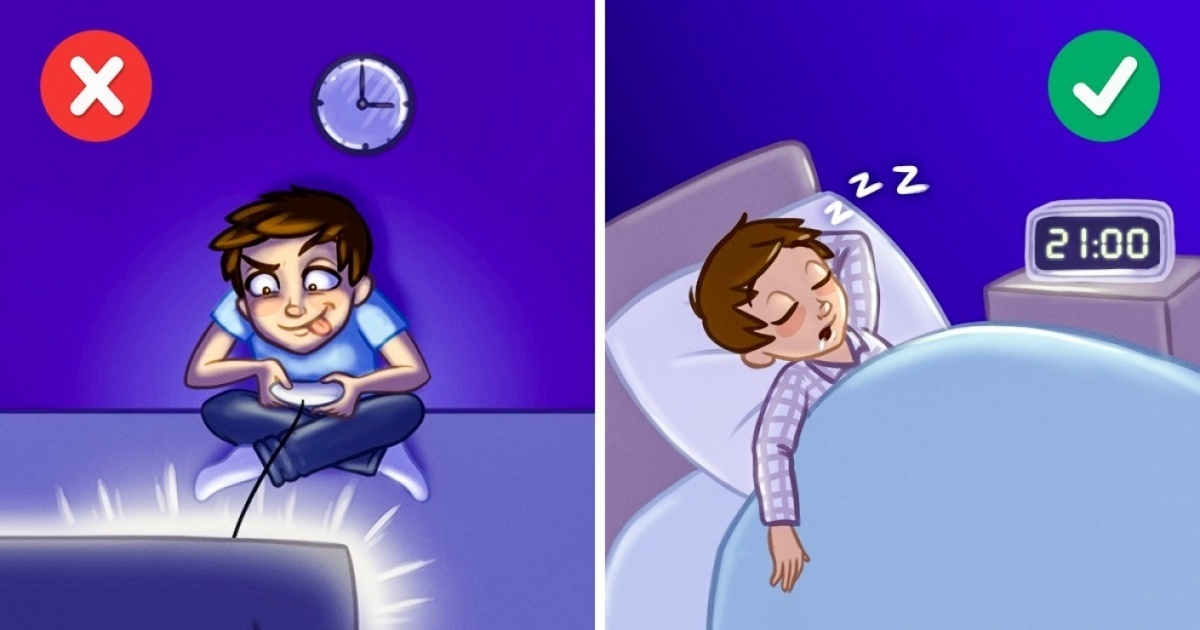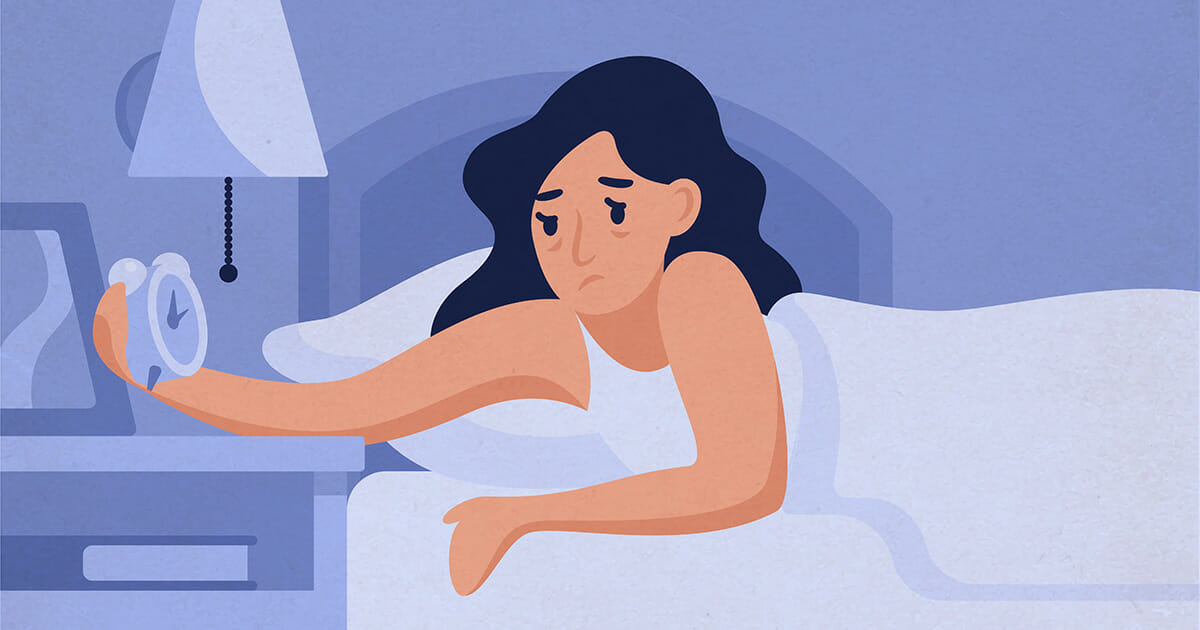These are the 6 long-term negative effects of alcohol on your body!
|
While many know that alcohol consumption is harmful, few truly understand the extent of the damage it can cause. Regular alcohol use can lead to various types of cancer, including those of the head and neck, esophagus, liver, breast, and colon. Additionally, prolonged drinking damages the liver and can lead to cirrhosis, a condition where healthy liver tissue is replaced by non-functional scar tissue.
Drinking alcohol also impairs the body's absorption of essential vitamins, such as B12 and D, leading to deficiencies. This can result in fatigue, weakness, and a compromised immune system. Other effects of alcohol consumption include negative impacts on mental health, such as depression and anxiety, and physical health issues like fatigue, memory problems, and difficulty concentrating.
Alcohol affects your health in many ways. You might be surprised to learn that alcoholic beverages are known carcinogens. Additionally, drinking alcohol inhibits the absorption of vitamins essential for your body's proper function and health. Alcohol also acts as a depressant, which highlights its negative impact on your mental and physical well-being. It often leads to a vicious cycle of "self-medication," where people use alcohol to cope with mental and physical difficulties but, in fact, worsen their condition.
The Negative Health Effects of Alcohol Consumption
1. Known Carcinogen
Research has found a clear link between alcohol consumption and cancer. The types of cancer include those of the head and neck, esophagus, liver, breast, and colon. The U.S. National Cancer Institute states, "Based on extensive research, there is a scientific consensus that alcohol drinking is a cause of several types of cancer."
2. Lowers B12 Levels
Alcohol consumption impairs B12 levels. Studies show that even moderate daily drinking can negatively impact B12 levels.
3. Hinders Vitamin D and Calcium Absorption
Alcohol interferes with the pancreas and liver, making it difficult to absorb vitamin D and calcium. This leads to problems with bone renewal.
4. Damages the Liver
Liver cirrhosis is caused by scarring of the liver. Continuous damage to the liver leads to healthy tissue being replaced by non-functional scar tissue. Ongoing chronic diseases like Hepatitis C, alcoholism, fatty liver disease, and Hepatitis B are causes. Cirrhosis can be fatal, and surgery is the only treatment option.
5. A Depressant
Alcohol can be alluring and even empowering, creating a sense of lowered inhibitions and increased confidence. However, it is also a depressant that reduces serotonin levels in the brain. People turn to alcohol to relieve depression, but in reality, they often develop depression because of their alcohol use.
6. Memory Loss
Alcohol consumption slows down processes in the brain and can lead to memory loss. Excessive drinking can cause blackouts, making you forget where you were, what you did, and who you were with. It can also cause difficulty remembering events that occurred, even if you were sober during them.
The Effects of Drinking Alcohol on Your Body and the Day After
Alcohol irritates the stomach and intestines. This can cause inflammation of the stomach lining and slow down stomach emptying. The body becomes dehydrated; consuming 50 grams of alcohol, which is about 4 drinks, can lead to the loss of up to a liter of water within a few hours.
Alcohol inhibits the production of glutamate, an excitatory amino acid that keeps us awake. When blood alcohol levels drop to zero, the body overcompensates by overproducing this stimulant, which leads to fragmented sleep.
How Much Alcohol Is Too Much?
According to the Canadian Centre for Addiction and Mental Health, women should not drink more than 10 drinks per week and no more than 2 drinks per day. Men should not drink more than 15 drinks per week and no more than 3 drinks per day.
It is not recommended to drink every day. During a standard night out with friends, people usually drink more than two drinks. For example, in the U.S., one in six adults binge drinks four times a month, with an average of eight drinks per binge.
Some Benefits of Reducing or Quitting Alcohol
- Improved mood
- Saving money
- Fewer or no hangovers
- More time for other activities
- Fewer reasons to regret things done under the influence
- Improved memory
- Better overall health
- Liver recovery
- Reduced cancer risk
- Better absorption of vitamins D, B12, and calcium
In Summary...
Regular alcohol consumption carries significant risks to both physical and mental health. It's crucial to be aware of these negative effects and consider reducing or quitting alcohol to improve your quality of life and maintain good health.
Research
- A 2021 study published in Lancet Oncology found that alcohol consumption was responsible for approximately 700,000 new cancer cases in 2020, including breast, colon, and oral cancers. The study emphasizes that the risk of cancer increases even with light to moderate drinking. (ScienceDaily) (MUSC Hollings Cancer Center).
- A new genetic study from Oxford Population Health found that alcohol directly causes several types of cancer, especially in people with a low tolerance for alcohol, which leads to an increased risk of head and neck, esophageal, and liver cancers. (NDPH Oxford)
- A report from the Canadian Centre for Addiction and Mental Health (CAMH) published in 2021 states that alcohol consumption at any level increases the risk of cancer, including breast, colon, and liver cancers. The study highlights that raising public awareness of this risk is critical to reducing alcohol-related cancer cases. (CAMH).
Frequently Asked Questions
How do you know if you have alcohol poisoning?
Signs of alcohol poisoning include confusion, vomiting, difficulty breathing, and hypothermia (a condition where body temperature drops below 35 degrees Celsius). In severe cases, alcohol poisoning can lead to unconsciousness and life-threatening conditions.
How do you stop drinking alcohol?
Quitting drinking starts with making a firm decision. It is recommended to seek professional support, such as counseling or therapy. There are also support groups like Alcoholics Anonymous.
How do I know if I am an alcoholic?
Signs of alcohol dependence include drinking heavily, difficulty controlling the amount you drink, and withdrawal symptoms when you stop drinking. If drinking negatively affects your life, it is recommended to seek professional help.
Why shouldn't you drink alcohol?
Drinking alcohol can cause serious health damage, including cancer, liver damage, and mental disorders. It also increases the risk of accidents and negatively impacts your overall quality of life.












